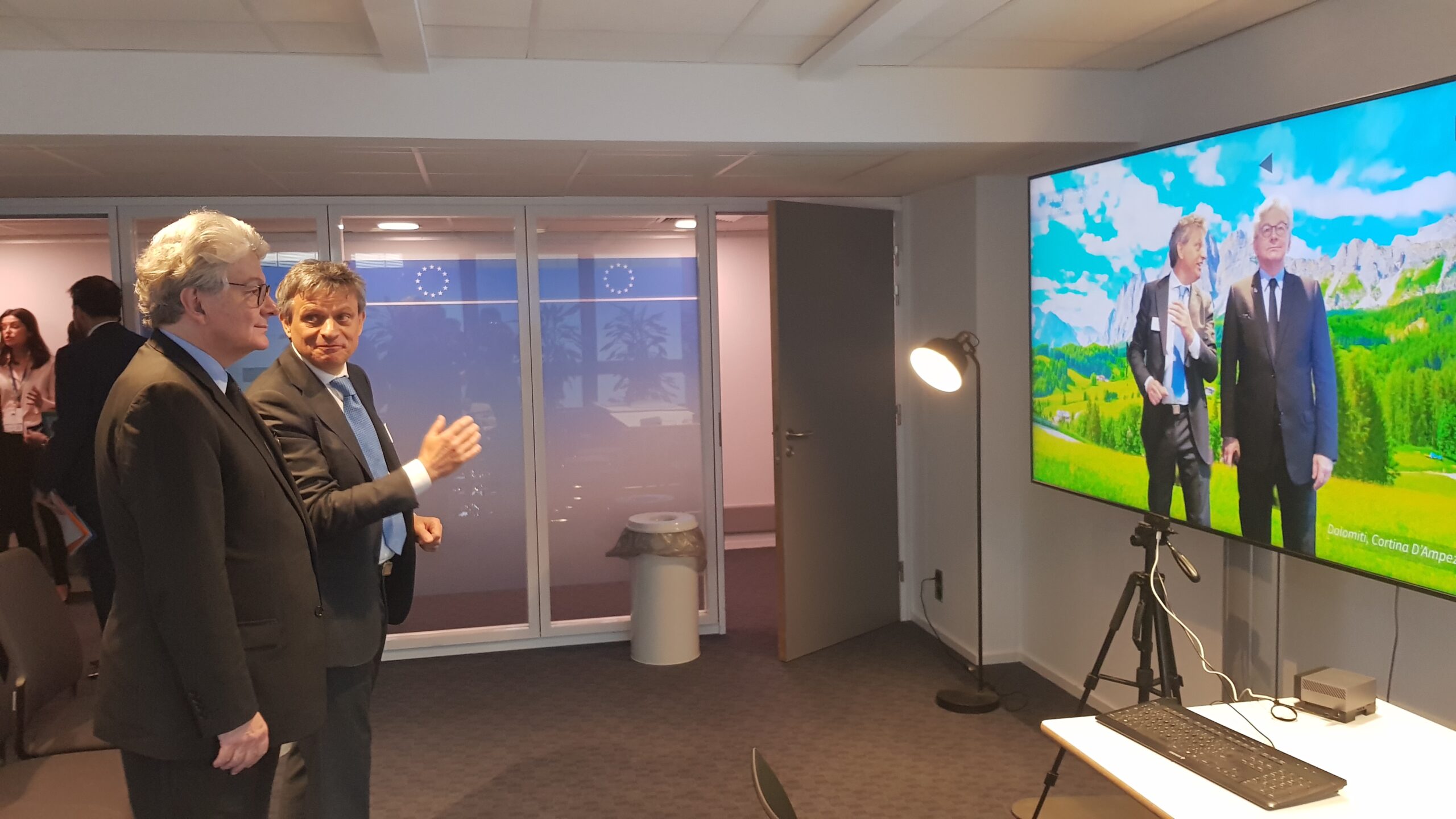As is stated in the Draghi report, “the key factor in the widening productivity gap between the EU and the U.S. has been digital technology, and currently Europe looks set to fall further behind.” The European Commission, in order to close this gap, has financed the construction of server farms in various countries, which can be useful in managing strategic compartments, such as defense, which cannot be outsourced to non-European players in an increasingly competitive and multipolar world. Europe is also significantly lagging in the rpoduction of core technologies such as microprocessors for artificial intelligence, which are increasingly being designed and produced by a few American or Asian players. European is unlikely to close the gap in technologies already well established in Asia or America, coming late to the game and with far fewer resources, as we saw with search engines or cloud technology. It would be wise instead to analyze the current context, identify its limitations, and get ahead of competittors in other areas. The macro trend that is currently at the height of media and financial hype is generative artificial intelligence, which ChatGPT emblematically represents. It is a massive digital phenomenon, which, like web search and social networking, occupies a market that has until now been dominated by Americans. ChatGPT is used daily for activities characterized by imprecise and unreliable services, attractive to the general public but of little use to businesses. Competing with this core technology might be impossible for Europeans, and perhaps even of little use. Instead, one could take advantage of the heated competition between the U.S. and China in the basic models of generative artificial intelligence, which is fast turning them into commodities, i.e. commodities available in large quantities, widespread, produced by multiple operators and, from what is evident from the latest technology trends, are increasingly cheap. The open source approach of many American and Chinese operators even makes powerful LLM models available for free. Instead of confronting an industry that already suffers from commodity limitations, Europe should focus on what can be built on top of and beyond the commodity itself. So we Europeans should quickly focus on the needs of our diverse economic sectors, and develop hyperspecialized vertical solutions “Above AI,” that is, placed above generative AI, with the goal of making our economies and workers more efficient.
This strategy would meet other goals, set out in the AI act. By respecting copyright, and traceability of sources, for example, European industries could train opensource LLM models with their data, in dedicated proprietary servers, pandering to the trend of hedge computing, that is, to processing data in servers close to where it is generated. Creating AI for their own use, customized much more efficiently, free from hallucinations, and without providing valuable data to U.S. and Chinese operators.


